According to a recent survey by the National Eczema Association, more than 30 percent of adults with atopic dermatitis say they have been diagnosed with depression and/or anxiety related symptoms. Keep in mind that the skin condition can begin when a child is only a few months old. With infants, AD causes a rash that does any number of the following:
- Makes the skin dry, scaly, and itchy
- Forms on the scalp and face, particularly on the cheeks
- Bubbles up before oozing and weeping fluid
- Causes itching that may come and go
Infants with eczema may also experience trouble sleeping, in addition to skin infections due to all the rubbing and scratching. Eczema isn’t just something a person “grows out of” unfortunately. Between two years of age and puberty, the child tends to have the following symptoms:
- A rash that begins in the creases of the elbows or knees
- Itchy, scaly patches where the rash first appeared
Your child’s skin may become bumpy, looking like permanent goosebumps. Skin with AD can thicken, turning leathery to protect itself from constant scratching.
So what can you expect during your son or daughter’s teenage and early adult years? Nearly 50 percent of those who have AD during childhood continue to have milder signs as an adult. That said, adult eczema looks different. Watch as the condition:
- Appears in the creases of the knees or elbows and nape of the neck
- Covers the majority of the body
- Becomes especially noticeable on the neck and face
- Looks particularly bad around the eyes
- Causes abnormally dry skin
- Causes a non-stop itch and/or scaly skin
- Leads to regular skin infections
Now that you know how eczema can affect your child physically, what’s the psychological impact? We touched on eczema and bullying in a previous blog post. We can’t emphasize enough the importance of taking care of your child’s mental health before things snowball into a catastrophe. Take note if your son or daughter has experienced any of these symptoms for two weeks or longer, as it might be time to get in touch with a mental health expert:
- Feeling sad, empty, or anxious
- Feeling hopeless
- Loss of interest in playing with friends and engaging in hobbies
- Decreased energy
- Difficulty concentrating at school
- Restlessness
If you’re beginning to see that your child’s eczema is ruining their life, the time is now to take action. Here are five things you can try at home to improve their emotional wellness:
- Help them relax - Encourage them to practice deep breathing while listening to soothing music or nature sounds. If they had a bad day at school, give them some time to calm down and relax.
- Make sure they’re getting enough sleep - It can be incredibly difficult for a child with eczema to sleep through the night. For one, he or she is typically distracted by daily activities and not as focused on the itch until it’s time for bed. In turn, the itch becomes so intense that a child can’t sleep. Remember that sleep pattern disruption only results in more intense flare-ups. That’s why it’s imperative to do what you can for your child once it’s bedtime. Have them take a warm, relaxing bath and put on some moisturizer to induce sleepiness and stave off the eczema itch. Not only that, but turn your child’s bedroom into a sleep sanctuary. Keep the room dark, cool, clean, and comfortable. Have them put away the electronics an hour or two before bedtime.
- Encourage them to exercise - Physical activity is a double-edged sword when eczema is involved. Believe it or not, sweat can trigger flare-ups. But don’t let that fear stop your child from exercising and playing with friends outside. Research shows that exercise is one of the best ways to combat stress, anxiety, depression, and other negative emotions. Remind your son or daughter to play at least 60 minutes a day.
- Adjust their diet - Many people have said consuming sugar, caffeine, alcohol, processed foods, and foods high in trans fats worsen eczema symptoms. If your child has food allergies, chances are they need to stay away from dairy, gluten, nuts, or fish. Whatever the case may be, keep a food journal of what your child eats. Should you notice symptoms are exacerbated after they eat something, eliminate that food group and get in touch with their doctor. Just avoid excluding multiple food groups at once, as your son or daughter may become malnourished with prolonged avoidance of certain foods.
- Have them wear eczema clothing - More parents are purchasing therapeutic clothing for eczema to help their child cope with the condition. Soothems eczema clothing is made using innovative products design and proprietary smart fabrics with one goal in mind: A peaceful day and a restful night’s sleep. Whether you choose our eczema suits, eczema sleepwear, eczema sleeves, or eczema bottoms, we want your child to have less itch and more smile. Learn more about our eczema clothing experts and see how we can help improve your child’s mental health.


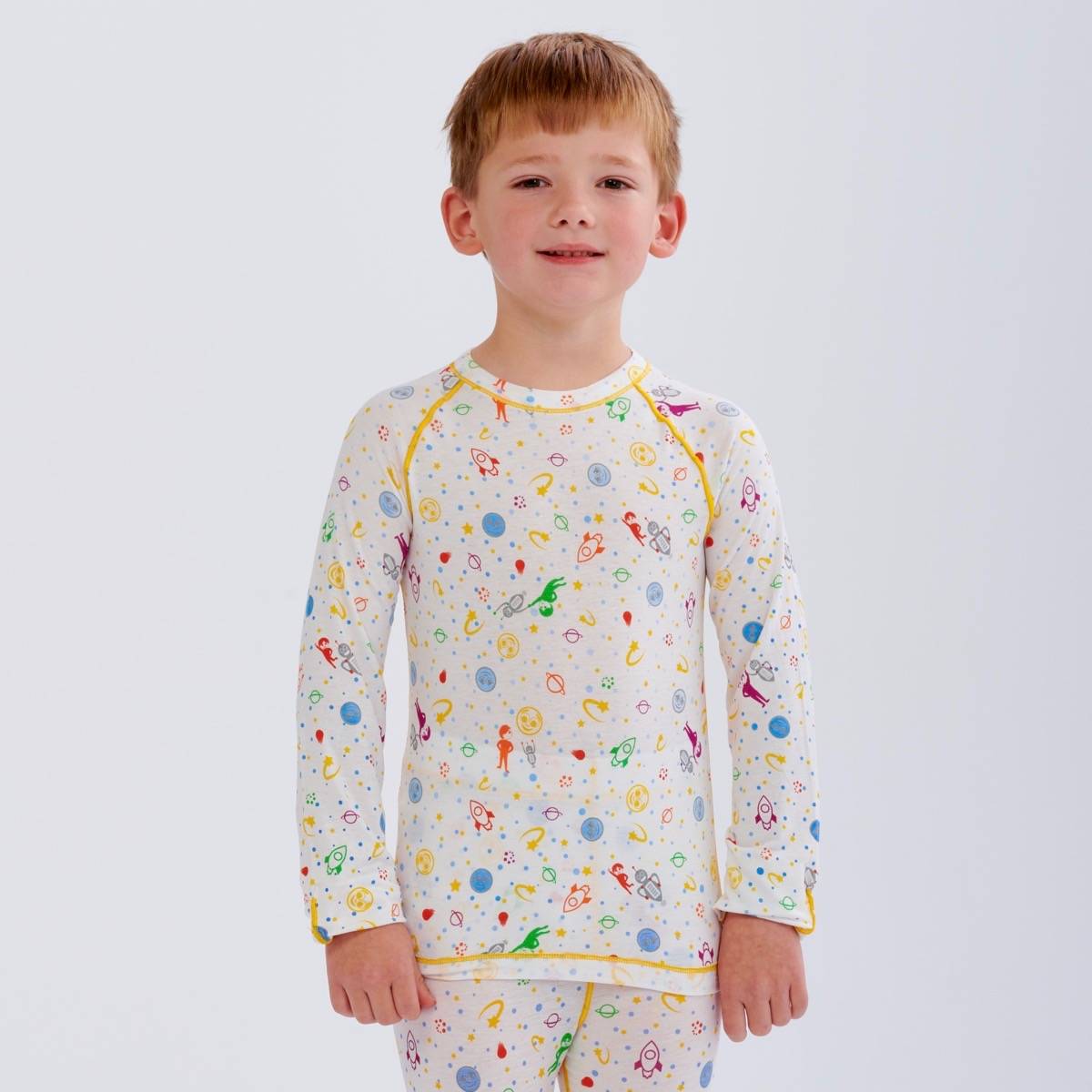
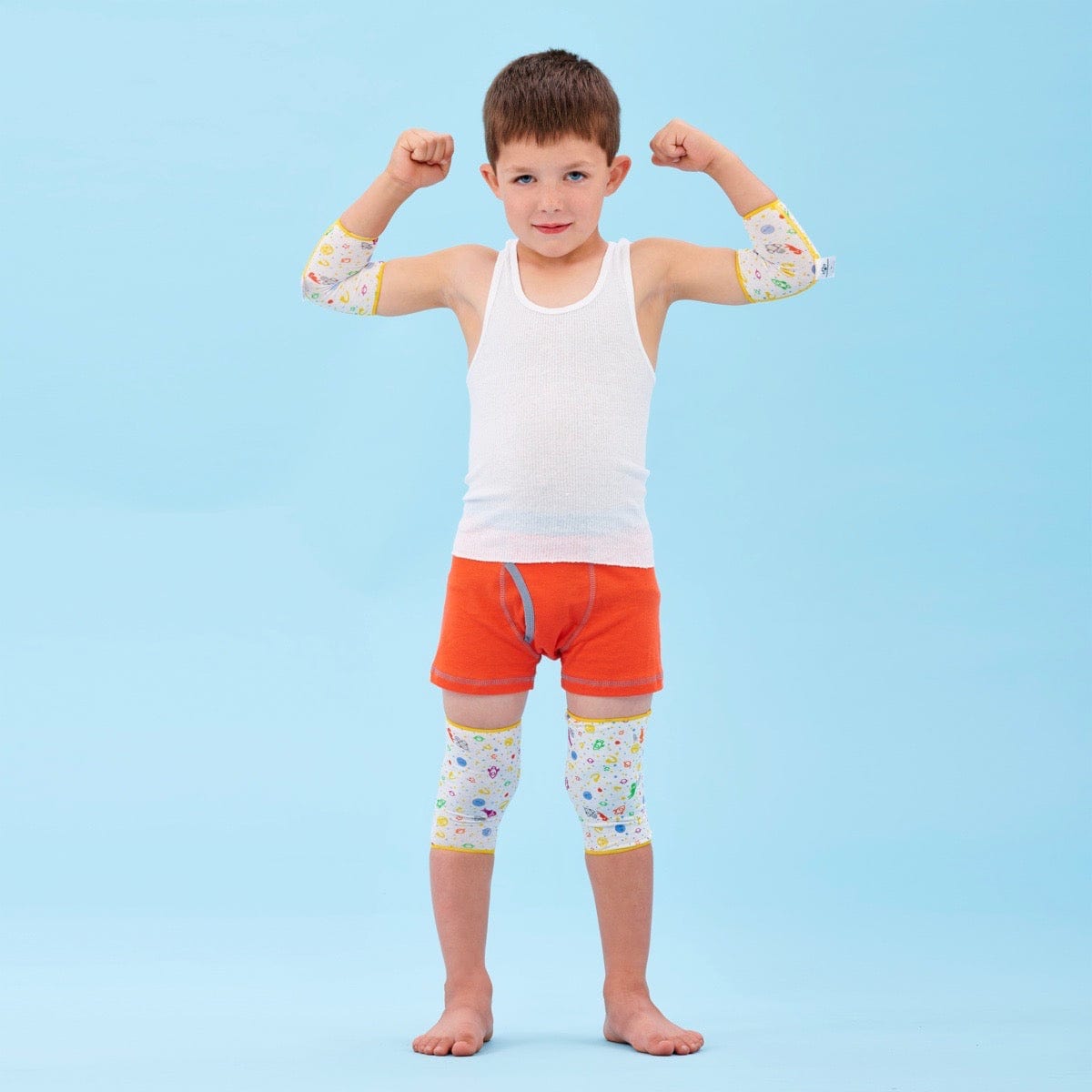
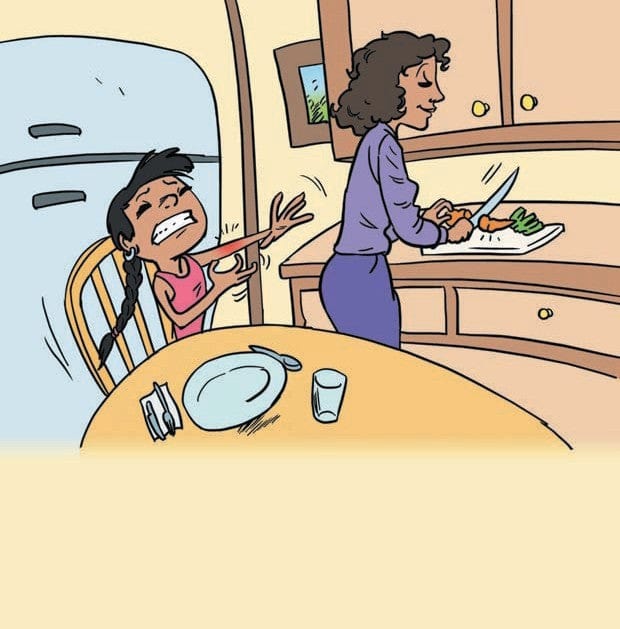

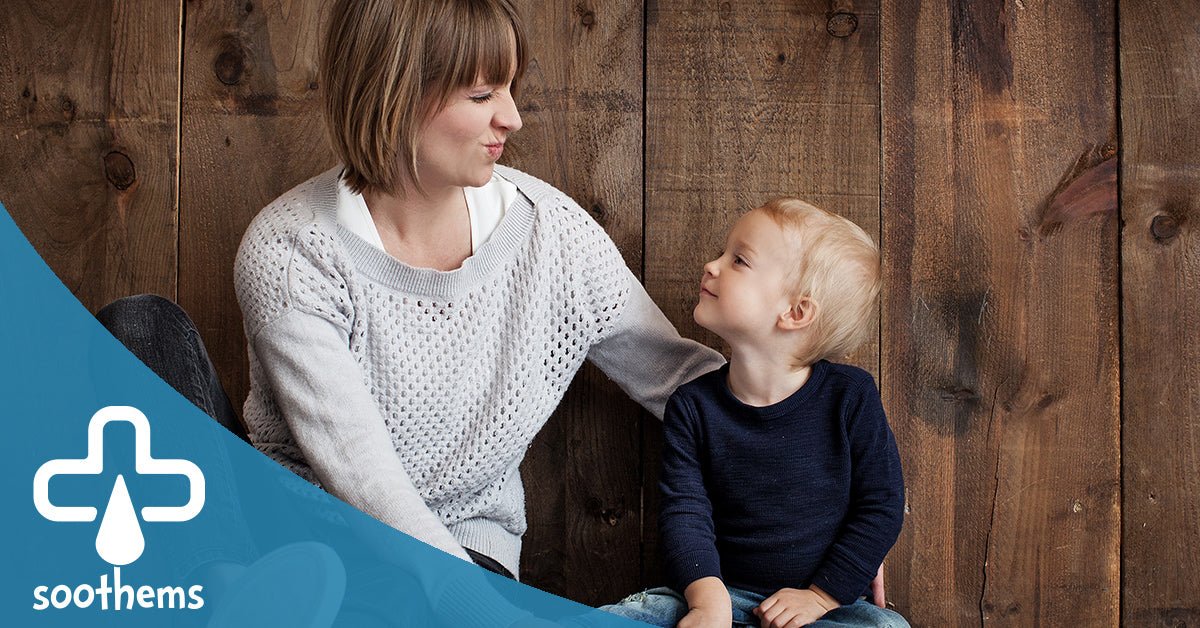
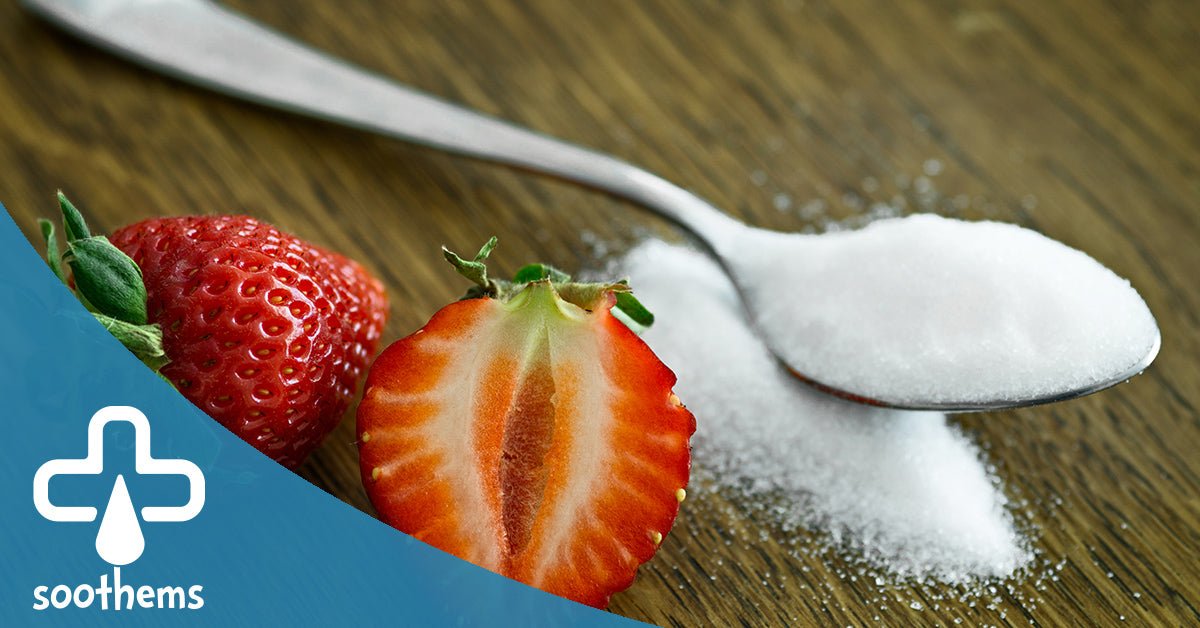
Leave a comment
All comments are moderated before being published.
This site is protected by hCaptcha and the hCaptcha Privacy Policy and Terms of Service apply.